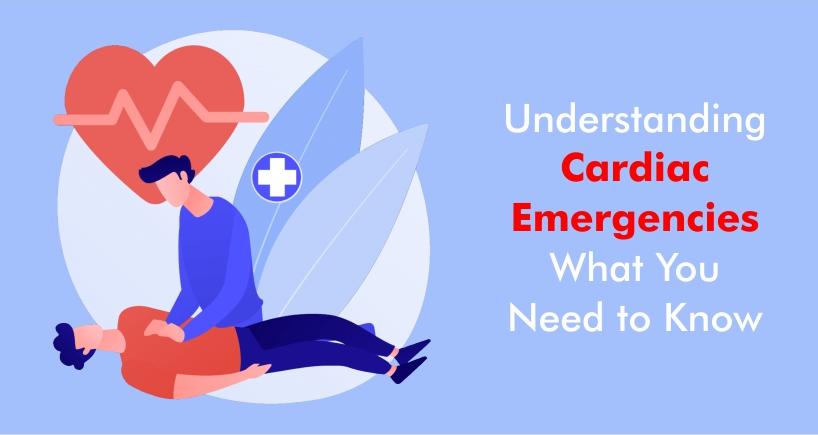
Understanding Cardiac Emergencies: What You Need To Know
Welcome to Fortis Hospital Noida's Emergency Medicine Specialty, led by Dr. Anurag Aggarwal, HOD of Emergency Medicine and Trauma. In this blog post, we'll delve into what constitutes a cardiac emergency, how to recognize the signs, and most importantly, what steps you should take in case of such an emergency. Whether you're a healthcare professional, a caregiver, or an individual concerned about their heart health, this information could prove to be lifesaving.
What is a Cardiac Emergency?
A cardiac emergency refers to any sudden or severe medical condition affecting the heart. These emergencies can range from heart attacks (myocardial infarction) to cardiac arrest, where the heart suddenly stops beating. Other cardiac emergencies include arrhythmias, heart failure, and acute coronary syndromes.
Recognizing the Signs:
It's essential to recognize the signs of a cardiac emergency promptly. Here are some common symptoms to look out for:
➢ Chest Pain or Discomfort: This is often described as a feeling of pressure, squeezing, or tightness in the chest. It may also radiate to the arms, back, neck, jaw, or stomach.
➢ Shortness of Breath: Difficulty breathing, or sudden onset of breathlessness could indicate a cardiac issue.
➢ Palpitations: Irregular, rapid, or pounding heartbeat.
➢ Nausea or Vomiting: Particularly if accompanied by other symptoms such as chest pain or shortness of breath.
➢ Dizziness or Light-headedness: Feeling faint or dizzy, especially when accompanied by other symptoms, can be indicative of a cardiac problem.
➢ Cold Sweat: Sudden, unexplained sweating, especially if it's cold and clammy.
What to Do in Case of a Cardiac Emergency:
1. Call for Emergency Medical Assistance Immediately: Call for emergency medical assistance immediately (9009001050 or local emergency number).
2. Stay Calm and Reassure the Patient: If you're with someone experiencing a cardiac emergency, stay calm and reassure them. Anxiety and panic can exacerbate the situation.
3. Administer Aspirin, if Available: If the patient is conscious and able to swallow, give them a chewable aspirin tablet (325 mg). Aspirin helps to thin the blood and can improve blood flow to the heart during a heart attack.
4. Perform CPR (Cardiopulmonary Resuscitation), if Necessary: If the patient becomes unresponsive and is not breathing, start CPR immediately. The American Heart Association recommends hands-on CPR, focusing on chest compressions at a rate of 100 to 120 compressions per minute.
5. Use an Automated External Defibrillator (AED), if Available: If an AED is nearby and you've been trained to use it, follow the instructions provided by the device. AEDs can deliver a shock to restore normal heart rhythm in cases of cardiac arrest.
Preventing Cardiac Emergencies:
While it's crucial to know how to respond to a cardiac emergency, prevention is always better than cure. Here are some steps you can take to reduce your risk of experiencing a cardiac emergency:
➢ Maintain a Healthy Lifestyle: Eat a balanced diet, exercise regularly, maintain a healthy weight, and avoid smoking and excessive alcohol consumption.
➢ Know Your Risk Factors: Understand your personal risk factors for heart disease, such as high blood pressure, high cholesterol, diabetes, and family history of heart disease.
➢ Regular Check-ups: Schedule regular check-ups with your healthcare provider to monitor your heart health and address any concerns or risk factors.
➢ Learn CPR: Consider taking a CPR course to learn how to perform CPR and use an AED. Being prepared can make a significant difference in an emergency situation.
Conclusion:
In summary, a cardiac emergency can be a frightening and life-threatening experience. However, by knowing how to recognize the signs and taking swift action, you can improve the chances of a positive outcome. Remember, every second counts in a cardiac emergency – so stay informed, stay prepared, and stay safe.
Categories
Clear allMeet the doctor

- Support Specialties | Pain Management
-
15 Years
-
800







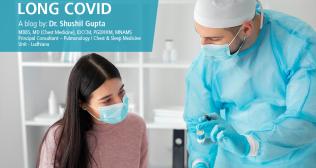
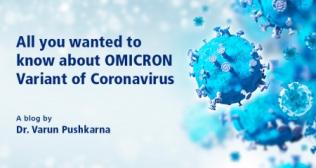

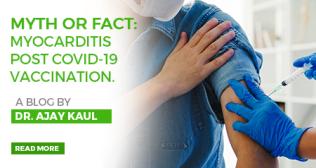
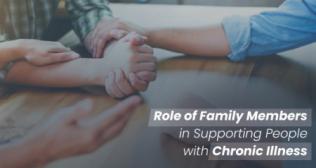
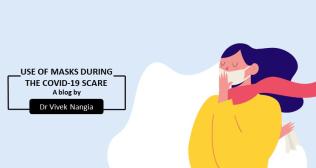
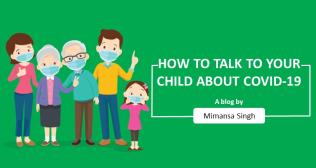
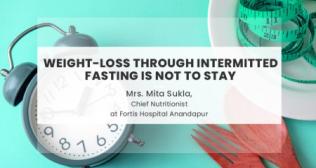
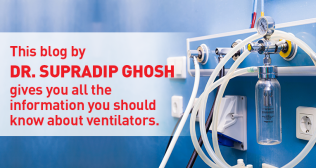
}}drupal-data/images/blog-lists.png)


